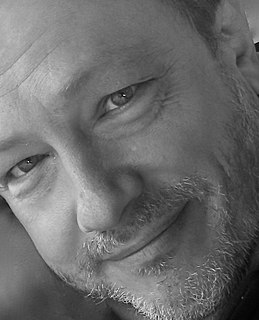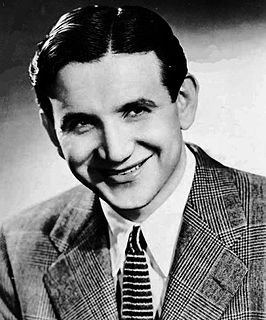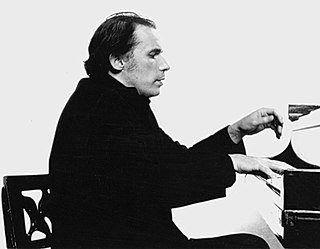A Quote by Hilary Hahn
It's really been enlightening for me to work with composers because I used to think that everything in the music was exactly what the composer meant. Well, it's what the composer meant in that moment when they wrote it.
Related Quotes
In India, I have been called a 'destroyer.' But that is only because they mixed my identity as a performer and as a composer. As a composer I have tried everything, even electronic music and avant-garde. But as a performer I am, believe me, getting more classical and more orthodox, jealously protecting the heritage that I have learned.
When I finally got together with Rostropovich as a student, he was very focused, almost entirely focused on the music itself, on what the composer had in mind and what he knew about the composer. Many of the works that I played for him had in fact been composed and written for him; he was often the first performer of these works, having known the composers personally.
Perhaps within the next hundred years, science will perfect a process of thought transference from composer to listener. The composer will sit alone on the concert stage and merely 'think' his idealized conception of his music. Instead of recordings of actual music sound, recordings will carry the brainwaves of the composer directly to the mind of the listener.
I think that if I were required to spend the rest of my life on a desert island, and to listen to or play the music of any one composer during all that time, that composer would almost certainly be Bach. I really can’t think of any other music which is so all-encompassing, which moves me so deeply and so consistently, and which, to use a rather imprecise word, is valuable beyond all of its skill and brilliance for something more meaningful than that — its humanity.
My pieces usually are programmed on concerts in which the other works are standard repertoire. My music always sounds very different when it's on a concert of all contemporary music. It always seems to stick out at an odd angle. This also makes me think of a question I sometimes debate with my friends: does the music of a composer directly reflect that composer's personality? This is a difficult one, but I think it usually does.


































